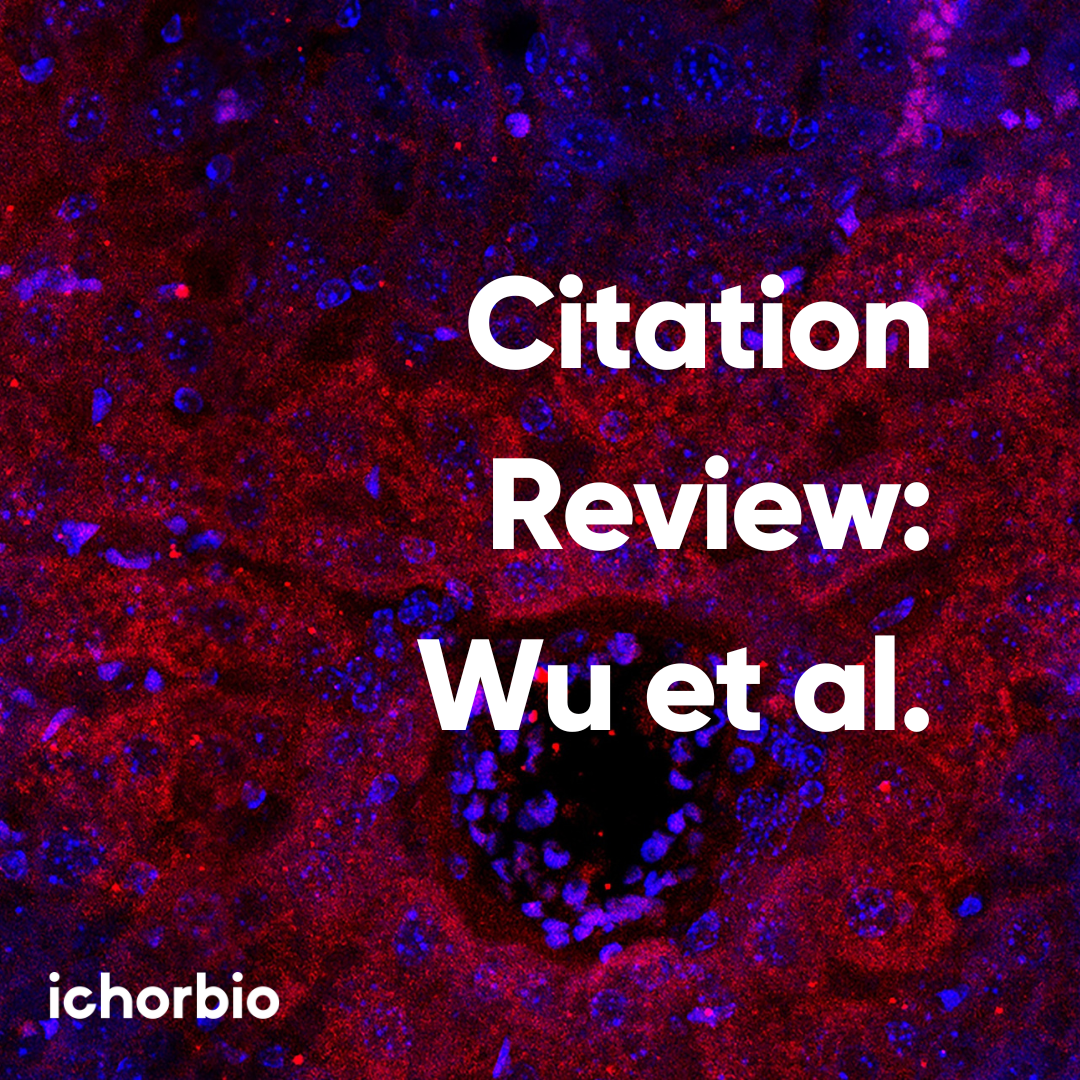Novel HDAC6/HSP90 Dual Inhibitors: A Promising Strategy to Enhance Cancer Immunotherapy

Researchers from Taipei Medical University have made a significant breakthrough in the field of cancer immunotherapy with the development of a series of dual HDAC6/HSP90 inhibitors. These innovative compounds not only directly kill cancer cells but also reprogram the immunosuppressive tumor microenvironment, paving the way for more effective immune-based therapies.
The tumor microenvironment is a complex network of cells and molecules that often hinders the effectiveness of cancer immunotherapies. Immunosuppressive cells and inhibitory proteins, such as PD-L1 and IDO, can prevent immune cells from recognizing and attacking tumor cells. The research team, led by Jing-Ping Liou and colleagues, sought to address this challenge by designing dual inhibitors targeting both HDAC6 and HSP90, two key enzymes involved in cancer progression and immune evasion.
Using a hybrid scaffold construction approach, the researchers rationally designed and synthesized a series of resorcinol-based hydroxamates that potently inhibit both HDAC6 and HSP90. After extensive in vitro and in vivo evaluations, compound 17 emerged as the most promising candidate, exhibiting single-digit nanomolar potency against HDAC6 and substantial HSP90 inhibitory activity.
Notably, compound 17 demonstrated remarkable anti-tumor effects in various cancer cell lines while exhibiting low toxicity to normal cells and immune cells. In mouse models of colorectal cancer, compound 17 significantly inhibited tumor growth and promoted the infiltration of cytotoxic T cells into the tumor region. Furthermore, it downregulated the expression of immunosuppressive proteins PD-L1 and IDO in the tumor microenvironment, enhancing the ability of effector T cells to release granzyme B and kill cancer cells.
The researchers also found that compound 17 reduced the secretion of TGF-β from normal cells, leading to a systemic reduction of immunosuppressive regulatory T cells (Tregs). This finding is particularly important as Tregs can dampen the anti-tumor immune response.
To further validate the immunomodulatory effects of compound 17, the researchers utilized an anti-mouse PD-1 antibody (clone RMP1-14, product code ICH1132) from ichorbio in their in vivo studies. Excitingly, the combination of compound 17 and the anti-PD-1 antibody demonstrated synergistic efficacy in eliminating solid tumors, with an impressive 83.9% tumor growth inhibition compared to the control group.
The identification of compound 17 as a potent HDAC6/HSP90 dual inhibitor and immunosensitizer represents a significant advancement in the field of cancer immunotherapy. By simultaneously targeting multiple pathways involved in immune evasion, this novel compound has the potential to overcome the limitations of current immunotherapies and improve outcomes for patients with solid tumors.
As the researchers continue to refine and develop this promising approach, it is clear that rationally designed dual inhibitors, such as compound 17, will play an increasingly important role in the future of cancer treatment. The use of high-quality reagents, like the anti-PD-1 antibody from ichorbio, will be essential in facilitating the preclinical and clinical development of these innovative therapies.
In conclusion, the groundbreaking work by Liou and colleagues underscores the immense potential of dual HDAC6/HSP90 inhibitors in enhancing cancer immunotherapy. As we eagerly await further developments, it is evident that this novel strategy may soon revolutionize the way we treat solid tumors, offering new hope for patients worldwide.


